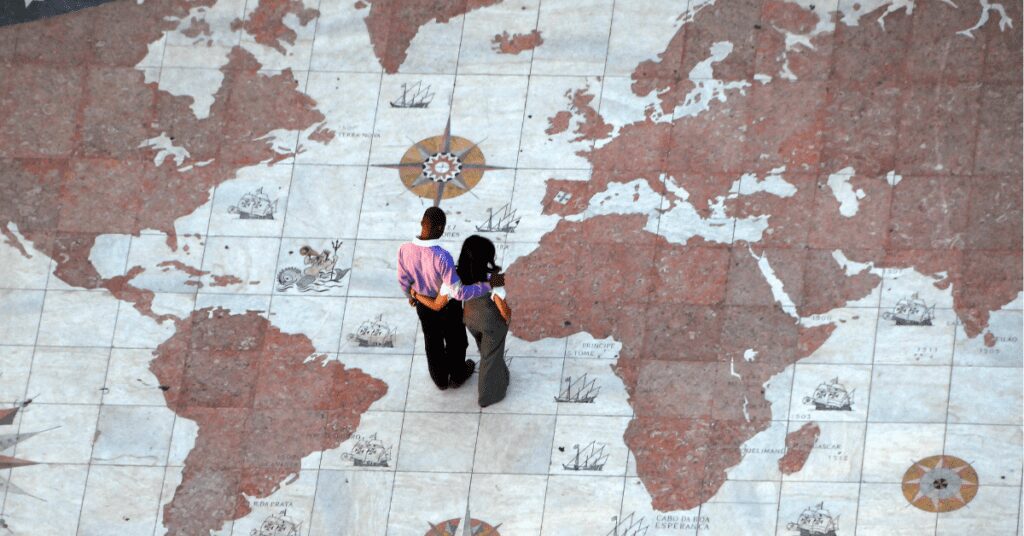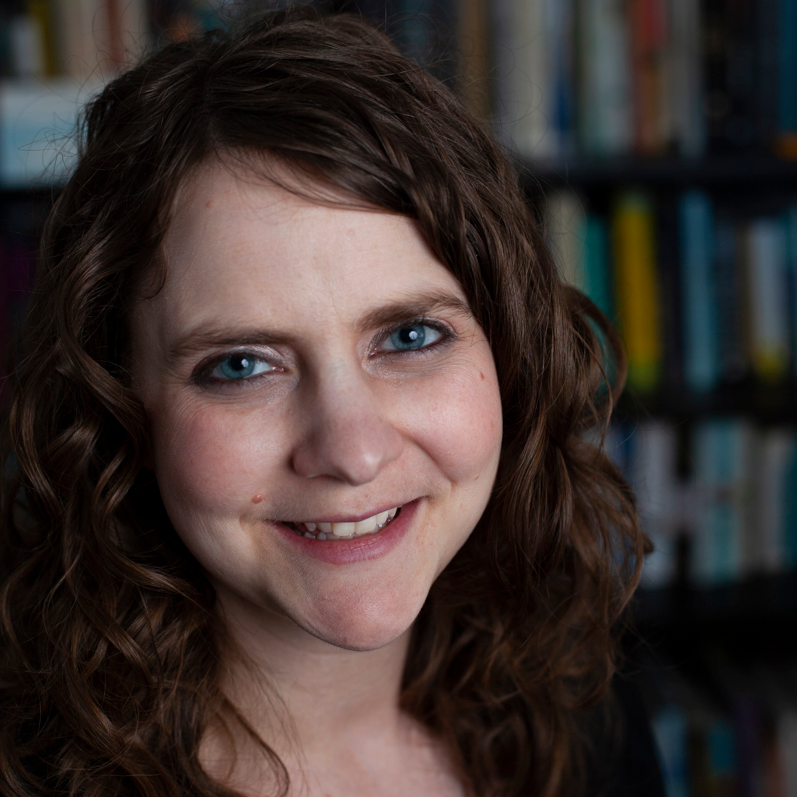On Valentine’s Day 2020 I was invited to interview on campus for the role of Director of the Stewardship Leaders Program at Luther Seminary. I kicked off the day with a half-hour long presentation to faculty, staff, and students followed by Q&A. During that Q&A session, Dr. Leon Rodrigues, Luther Seminary’s Chief Diversity Officer, asked me this question: “What do you think about reparations? Should the church be considering them?” This question caught me entirely off guard. I had a vague sense of what Dr. Rodrigues was referring to, but I honestly had no idea how reparations related to church stewardship. While I can’t remember exactly how I answered the question at the time, I knew, whether Luther Seminary chose to hire me or not, this was a topic I needed to learn more about.
What I quickly found is that for many people reparations is a dirty word—particularly for people with privilege. It conjures up images of people being handed money based on past grievances that have no impact on their lives today. Even the mention of the word kicks some people into defensive mode leading them to try to convince others (and themselves) that their material success was all of their own making.
When the church enters the conversation it generally faces a few stumbling blocks. First, leaders may be reluctant to even bring up the word for fear of offending members or appearing too political. Second, even if they do bring up the word, there is a lack of clarity on what role the church should play in the conversation and what actions the church needs to take. I find both of these stumbling blocks can be addressed by having a clearer understanding of what the word itself means and how it relates to our role as stewards.
Reparations: A Journey To Repair
Dr. Jennifer Harvey talks about reparations as repair—repairing a relationship by making restitution for damages caused. To fully participate in community with one another, we have to repair past damages—this involves our finances and so much more. If we hit another person’s car, we realize that we (or our insurance company) may need to pay something to fix some of the damage that was caused. It’s easy to look at an example like this and understand reparations on a basic level. And yet, when we think about more grievous societal ills like the enslavement of African people or stealing land from Native peoples, we can agree that damage has been done, but we are often stuck when it comes to how to repair it. Those of us whose ancestors were on the perpetrating side of these ills might wonder whether it is really our responsibility to repair something that happened so long ago, especially something we don’t perceive as happening by our own hands.
That’s why a journey toward reparations—because it really is a journey, not a destination—must not begin with restitution but with listening, learning, and truth-telling. We have to be willing to get to know our past, our church’s past, our city’s past, our nation’s past. We must listen to understand the ways that certain groups have benefited from the trauma of others. We must learn the extent of the damage that has been done and is still being done today if we are ever going to be able to assign a financial value on the needed restitution. We must find ways to engage in healthy relationships with those we have harmed and those who have harmed us, where we can hold one another accountable and begin this journey toward repair.
As The Very Reverend Dr. Kelly Brown Douglas writes in her Sojourners article “A Christian Call to Reparations” financial reparations can and should only be one piece of the puzzle. Brown writes, “For faith communities, reparations must not be only an effort to compensate for past harms, they must also chart a pathway to a just future. Otherwise, reparations become little more than a salve for white guilt while the sin of white supremacy continues to thrive.” This pathway should not end in a one-time effort at financial restitution, but instead create a road founded in truth-telling about our past, paved by accountability with a fervent commitment to call out and uproot prejudice that still exists today as we work together to create that more just future. Reparations is a stewardship journey encompassing money and so much more.
Over the next few weeks, we will be exploring the topic of reparations. We’ll hear accounts of why reparations matter, stories of how some faith communities are entering into this work, and creative ideas for how you might engage in this important work in your community. As I mentioned at the beginning, we all come to the table with different views about reparations. I encourage you to suspend your assumptions throughout the next few weeks so that we can listen and learn together in community. We hope this conversation will spill over into the Faith+Lead Learning Lab so we can engage this challenging topic more deeply. I want this to be a space where we can learn from the experience of others, ask honest questions without fear of retribution, and work out ideas that aren’t fully-formed in community with one another.
If I’ve learned anything over the last year and a few months since my interview at Luther Seminary, it’s that reparations should be at the core, and not at the periphery of our stewardship work. We cannot use the resources God has entrusted to our care to love God and our neighbor until we have done the foundational work of repairing our broken relationships. This is an important journey both for those who have been wronged and for those who have perpetrated this wrong. It is a step toward restoring relationships so love can be freely received and given. If we take seriously what Jesus says to us in Luke 12:34 that “where your treasure is, there your heart will be also” we know that our work for justice must not only invoke our thoughts and prayers but a reorientation of the way we use all that God has entrusted to us: time, talents, and treasure for the sake of our neighbor and a more just world.

